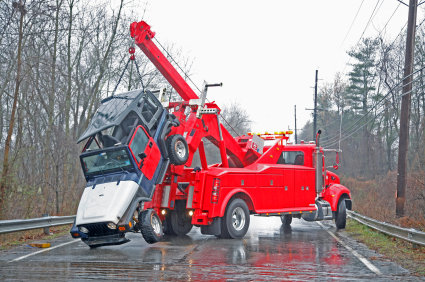What is an Accident?
Comprehensive, at-fault and not-at-fault auto accidents are all the different categories that help define a car accident.
We have all heard someone say that they have been in a car accident at one time or another. But, what is an accident?
Is it just damage to their car, someone getting hurt or even just damage done to someone else’s property? Per the Webster Miriam dictionary, the term accident means “an unforeseen and unplanned event or circumstance”.
In the world of insurance, these unplanned events fall under three different categories; Comprehensive Accidents, Not-At-Fault Accidents and At-Fault Accidents.
What it a Comprehensive Accident?
There is a difference between a comprehensive claim and a comprehensive accident. A comprehensive claim is when you file with your insurance company that you have a rock chip or a broken windshield. A comprehensive accident is when you hit an animal or even in some cases when the animal hits you.
Most comprehensive accidents happen when you are driving along the road and a deer jumps out in front of your vehicle and you hit it. Even though this is technically a collision as you have “collided” with the animal, the insurance companies file this under your comprehensive coverage. This is good for you because most people carry a lower deductible on their comprehensive coverage than they do for collision coverage, meaning you will pay less out of pocket to get your vehicle fixed.
What is a Not-At-Fault Accident?
Accidents that are covered under the collision portion of your policy fall into two categories; you are either at fault for the accident or you are not-at-fault. A not-at-fault accident is when you are hit by someone or something else. These types of accidents do not get counted against you on your driving record or on your insurance record.
What is an At-Fault Accident?
An at-fault-accident is just what it sounds like: you are the one that caused the accident. These types of accidents go on both your driving record and your insurance record. This means you will most likely see not only the points go up on your driving record, but you will also see your insurance premium go up. If you have too many of these types of accidents, your insurance company may cancel your coverage because you are too high of a risk for them to insure.
Even if you are not the main cause of the accident you could still be found at some percentage of fault in the states that have what are called Comparable Fault Laws. These laws assign fault to both drivers if it is found that both drivers both did something to contribute to the accident.
For example, in a comparable fault state if you hit someone that pulled out in front of you, you could still be assigned a certain percentage of fault if you did not do everything you could to avoid the accident. It could be that you weren’t paying attention and didn’t apply the brakes soon enough or that you were going too fast. The percentage of fault that you are assigned will determine how much your insurance company has to pay for the amount of damages to your vehicle and how much the other company has to pay for your vehicle.
Trackback from your site.

